Discover The Fourcast
The Fourcast

The Fourcast
Author: Channel 4 News
Subscribed: 4,160Played: 104,792Subscribe
Share
© Channel 4 News
Description
A podcast from Channel 4 News taking an in-depth look at the biggest stories from Westminster, Washington and around the world. From global conflicts to the corridors of power, we expose, examine and interrogate what's really going on with the people who really know.
Watch the episodes here:
https://www.channel4.com/news/the-fourcast
Watch the episodes here:
https://www.channel4.com/news/the-fourcast
157 Episodes
Reverse
What will 2026 look like around the globe? Will the second phase of the ceasefire in Gaza ever happen, will Ukraine and Russia agree to Donald Trump's peace deal, and what about the World Cup?To explore what and who will shape the world in 2026, on this final Fourcast episode of 2025, Krishnan Guru-Murthy is joined by two of Channel 4 News' most experienced international journalists who have seen quite a few power shifts and peace deals in their time: Lindsey Hilsum and Jonathan Rugman.
Phase one of Donald Trump’s ceasefire in Gaza appears to be holding, but it's precarious as hundreds of Gazans have been killed since it began and hundreds of thousands remain homeless and displaced.The Israeli defence force still occupies much of the territory and Hamas have re-established themselves in some areas.So is phase two - with its transitional authority and international peace force looking any way possible?Benjamin Netanyahu says it's close, but what's the view of the Palestinians?One person who has reflected their concerns since the current conflict began is Francesca Albanese, the UN's special rapporteur on the Palestinian territories. She has been an outspoken critic of Israel's actions in Gaza, accusing the government of genocide. It's made her powerful enemies including the Trump administration who have sanctioned her while the Israeli government accuse her of bias and have designated her persona non grata.She joined Krishnan Guru Murthy for this episode of The Fourcast.
As Ukraine prepares to present a revised peace proposal to Donald Trump, Volodymyr Zelenskyy has said he is prepared to hold elections in months - a long-standing demand from Moscow.Meanwhile European leaders appear to be edging closer to seizing frozen Russian assets to fund Ukraine.So is the peace process entering a decisive phase - or is this just another round of political theatre?On this episode of The Fourcast, Krishnan Guru-Murthy speaks to the Russian ambassador to the UK Andrei Kelin and asks him what does the Kremlin actually want from a peace deal? Can Vladimir Putin really be trusted in a negotiation? And how would Russia respond if Europe takes its frozen billions?
China is in an age of rapid technology development with AI, robots and drones - and many fear this relentless progress, and Xi Jinping’s desire to reabsorb Taiwan, will bring it into direct conflict with the United States.But is China’s rise as inevitable and smooth as its leaders want it to be?Our International Editor Lindsey Hilsum has returned from a trip to China where she was Channel 4 News' correspondent for years.She was wowed by technological progress - but also found a younger generation exhausted and overwhelmed by political pressure, depression and burnout.On this episode of The Fourcast, Lindsey and Matt Frei were joined by economist Dan Wang, author of Breakneck: China's Quest to Engineer the Future, who argues that China’s system has unique strengths - and dangerous weaknesses - in the race for technological supremacy.
The blaze that engulfed seven high-rise residential buildings in Hong Kong’s Tai Po district was the deadliest the city has seen in over 70 years. At least 156 people have died, 30 are still missing, while 15 have been arrested for alleged manslaughter. Grief has overwhelmed the city and fuelled an uncontrollable anger towards those in power.Today - almost a week after the fire - we ask how the tragedy unfolded, why Hong Kong is still enraged and what it tells us about the city that once prided itself on transparency and democracy.Joining Matt Frei from Hong Kong are Tom Grundy, founder and editor of the local media Hong Kong Free Press, and Selina Cheng, chair of the Hong Kong Journalists Association.
For months after Vladimir Putin’s fullscale invasion of Ukraine, Western leaders predicted Russia’s economy was on the brink of collapse under sanctions - and yet it didn’t.It transformed into a wartime economy, fuelled by military production, redirected trade routes, and deeper ties with China and India.But now there are signs this may be changing - with industrial output slowing, inflation rising, and severe labour shortages as hundreds of thousands of working-age men have either died, emigrated or been mobilised.And Western leaders are once again questioning how long Putin can bankroll his war machine.So is Russia’s economy finally starting to buckle - or is this still wishful thinking from Ukraine’s allies?On this episode of The Fourcast, Krishnan Guru-Murthy is joined by Arkady Ostrovsky, Russia editor at The Economist, and Elina Ribakova, one of the world’s leading experts on sanctions and Russian macro-economics.
As Rachel Reeves prepares to deliver the budget on Wednesday, she faces the political nightmare of having to come back for more tax, having said she wouldn't and she's already made it clear that whatever she does the burden will fall on all of us, not just the rich minority - but the left and the Greens are demanding a wealth tax, while the right and Reform are demanding welfare cuts and tax cuts.Voters are disillusioned, inflation is stubborn, services are still struggling and faith in the political centre is evaporating.So how does the chancellor land her budget without causing a political crisis for Labour or a financial crisis on the bond markets?On this episode of The Fourcast, Krishnan-Guru-Murthy was joined by Green Party leader Zack Polanski, Labour MP Rosie Wrighting, one of the new intake last year, and Rupert Harrison, a former advisor to George Osborne in the treasury and now at the US investment managers PIMCO.
With the budget just days away, Rachel Reeves is facing yet another black hole in the public finances - after ditching plans to raise income tax, it’s been widely reported that the government will go for a “smorgasboard” of tax rises and spending cuts to plug the gap, but critics on the left and right say it won’t address the deeper structural rot in Britain’s economy. So on this episode of The Fourcast, Krishnan Guru-Murthy is joined by two economists with radically different visions for how to turn the country around. James Meadway, host of the Macrodose podcast and former economic adviser to John McDonnell, argues inequality is choking growth and that only a major reset of wealth, investment and a green industrial strategy can revive the UK. Catherine McBride served on the last government’s Trade and Agricultural Commission and she thinks the real problem is over-regulation, high taxes and net-zero. And Channel 4 News’ economics correspondent Helia Ebrahimi also joined the pod to cut through the political noise - and test whether any of their ideas actually add up.
US and Russian officials have drafted new proposals to end the Ukraine war but they would appear to require major concessions from President Zelenskyy over territory and weapons. Will they be acceptable to the Ukrainian President, and what about his forces fighting on the frontline? On this episode of the Fourcast, Matt Frei speaks to the award-winning filmmaker Mstyslav Chernov who has a new film just out that follows a brigade of soldiers as they attempt to liberate the village of Andriivka in the east of the country, the sort of place that would be included in the new Russian-controlled territory.
The NHS is facing one of its deepest crises - a string of maternity scandals, from Shrewsbury to Nottingham, Oxford to Leeds. Hundreds of babies have died or been left severely injured in hospitals meant to keep them safe.So why does this keep happening? Is it about funding, training, or a system that protects itself instead of patients?On this episode of The Fourcast, Krishnan Guru Murthy is joined by Jeremy Hunt MP, who was the Health Secretary between 2012 and 2018; Channel 4 News Health and Social Care Editor Victoria Macdonald who recently reported on a maternity scandal at Oxford University Hospitals. The Trust there has apologised to families and said it was committed to learning from mistakes; and Kayleigh Griffiths, whose daughter Pippa died in 2016 due to failings in care by the Shrewsbury and Telford Hospital NHS Trust. Her investigation alongside another bereaved mother Rhiannon Davies into failings at the Trust led to Jeremy Hunt commissioning the Ockenden Review into improving maternity services across the country. Griffiths has also been critical of the health watchdog - the Care Quality Commission saying its oversight of maternity services was 'not fit for purpose.' The CQC said her complaints were being taken seriously and it was engaging with families directly.
Labour is facing an extraordinary rift at the top of government. Health Secretary Wes Streeting has strongly denied claims that he is plotting to overthrow Prime Minister Keir Starmer, saying that attacks are a sign of a toxic culture at Number 10. The story erupted after an anonymous briefing suggested Streeting could be preparing a leadership bid - a claim he has strongly rejected. But the row raises bigger questions: how loyal is the Cabinet? Who is really pulling the strings in No 10? And what does this internal drama mean for public trust and the Labour government’s ability to deliver?In this episode of The Fourcast, Krishnan Guru-Murthy is joined by Labour strategist and commentator, John McTernan, who was Tony Blair's political director, the pollster and director of Merlin Strategy Scarlett McGuire and the author and Guardian columnist Zoe Williams.
The BBC is in meltdown: both the Director General Tim Davie and the Head of News Deborah Turness have quit in the same weekend after a leaked memo accused the corporation of systemic political bias - an edit of Donald Trump’s speech ahead of the January 6th riots at heart of the memo. The President has now piled in, threatening a billion dollar lawsuit.So what is really going on? Was this a right-wing coup against public service broadcasting - or the consequence of genuine bias inside the BBC?And could this crisis now reshape the future of impartial news - not just at the BBC, but across Britain’s media?The BBC chairman Samir Shah has apologised for an “error of judgement” over the edit of the president’s speech and said that the corporation had taken action on other areas that had been highlighted in the memo - and would take further action if necessary. On this episode of The Fourcast, Krishnan Guru-Murthy is joined by the political editor of the Sunday Telegraph Camilla Turner and the editor of Prospect magazine Alan Rusbridger.
While COP30 gets underway in Brazil - Donald Trump is ripping up climate policy, blasting his allies for falling for what he calls the ‘world's greatest con job’ and trying to get big business to follow his lead - and yet in New York, Zohran Mamdani - a left-wing populist unafraid to tout a green agenda - has just won the mayoral race and in the UK, the Green Party has surged under Zack Polanski.So is the direction of travel really a climate rollback - or is a new left preparing to claim power and reclaim the climate argument? With me, from the COP in Belém, is our Chief Correspondent Alex Thomson - and in London, the financial journalist and author Andrew Ross Sorkin, whose new book 1929 investigates the Wall Street crash.
After months of a “vicious cycle of mutual retaliation”, as Xi Jinping has put it, Donald Trump and China's president seem to have come to a truce after their first meeting in nearly six years.Meeting in South Korea, Xi agreed to stop withholding China’s rare earth exports for a year and start buying soy beans from America again. While Trump said he would reduce tariffs and suspend port fees on Chinese ships.But how long will this amicable relationship last? Will all of this signal a closer tie between the world’s two biggest economies?On this episode of the Fourcast, Matt Frei is joined by Victor Gao, vice president of the Centre for China and Globalization in Beijing, and Dr Yu Jie, senior research fellow on China at Chatham House.
Is Keir Starmer’s immigration strategy doomed to fail? Despite tough language, a one-in-one-out returns scheme with France and speeding up the closure of asylum hotels, Labour continues to plummet in the polls. So, why is it going so badly? Has Keir Starmer, as some of his critics say, just been playing into Nigel Farage’s hands by elevating the issue, or will it work out in the long run? To discuss all this and more on the latest episode of The Fourcast, Jackie Long is joined by Channel 4 News Communities Editor Darshna Soni - who’s just been to France to meet asylum seekers sent back under the government’s new deal and from Westminster by Channel 4 News Political Editor Gary Gibbon.
Is the UK government complicit in the destruction of Gaza? That's the assertion in the new book by journalist and polemicist Peter Oborne, with both Keir Starmer and Rishi Sunak under fire for backing what he calls Israel's “criminal assault” following the Hamas attack of October 7.What's more, he says, the British media played its part too: colluding with the government as well as misrepresenting or under-reporting those voices opposed.On this episode of the Fourcast, Krishnan Guru-Murthy speaks to Peter Oborne and Edmund Fitton-Brown, a former UK ambassador to Yemen, previously a UN monitor, and now a senior fellow at the foreign affairs think-tank RUSI.
As Donald Trump and Volodymyr Zelenskyy’s latest meeting reportedly descended into another shouting match, the war in Ukraine feels as volatile as ever - and, according to some, more dangerous for the world than at any time since the Cold War.In this episode of The Fourcast, Matt Frei is joined by Serhii Plokhy, professor of Ukrainian history at Harvard and author of The Nuclear Age. He warns that fear is once again driving nations towards the bomb - and that we could soon see dozens more nuclear-armed states. So is the world stumbling into a new nuclear era - and what does that mean for global security and for Ukraine’s fight to survive?
In 2011, Virginia Roberts Giuffre became known as the most outspoken victim of Jeffrey Epstein and Ghislaine Maxwell. Her campaigning against their abuse and trafficking helped to get justice for many women, but she was perhaps best known for a now-infamous photograph, taken when she was aged just 17, meeting with Prince Andrew. She claimed it was taken prior to one of three times she was forced to have sex with the King's brother. Encounters he vehemently denies took place but which have led to his public downfall, with Prince Andrew reportedly paying around £12 million to Roberts Giuffre, formally ending a civil case brought against him in the US without admitting liability. Earlier this year, Virginia took her own life. Before she died, she wrote a memoir, determined for the world to finally hear her story in her own words. In this episode of The Fourcast, Jackie Long speaks to Virginia’s brother and sister-in-law, Sky and Amanda Roberts, about the woman behind the headlines, the legacy she leaves, and the campaigning she wanted to be remembered for. They also express their frustration with the Metropolitan Police response - but the Met reiterated to Channel 4 News today that they do not consider themselves the appropriate authority to investigate alleged crimes in the UK related to the Jeffrey Epstein case.This episode includes conversation around suicide and abuse.
With the IMF warning that we’re in an AI bubble that could be worse than the dot-com crash if it bursts — and even OpenAI’s Sam Altman admitting the market is “kind of bubbly” — what happens to the global economy if the AI boom implodes?Are we witnessing the next dot-com bust, or just the growing pains of a genuine technological revolution?To discuss it all on the latest episode of The Fourcast, Matt Frei is joined from Silicon Valley by entrepreneur, author and futurist Jerry Kaplan, and from the World Bank Group annual meeting in Washington by our Economics Correspondent Helia Ebrahimi.
After two years of war, a deal has finally been struck. Hostages are coming home, Palestinian prisoners and detainees are being released, and Israel and Hamas have declared that the fighting is over. But can this really be the end?In this episode of The Fourcast, Krishnan Guru-Murthy speaks to Israeli negotiator Gershon Baskin - a man who has spent nearly five decades talking to both sides of the conflict, including Hamas.From back-channel talks to the Trump administration’s surprise role, Baskin reveals how this ceasefire came together, what it means for Gaza’s future, and whether it can last.


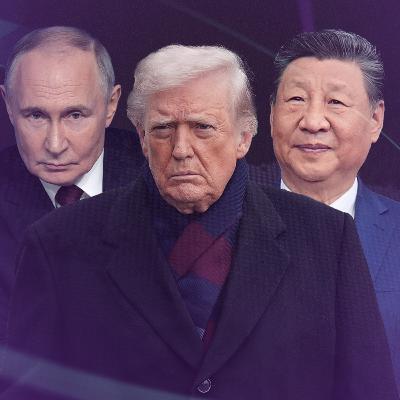
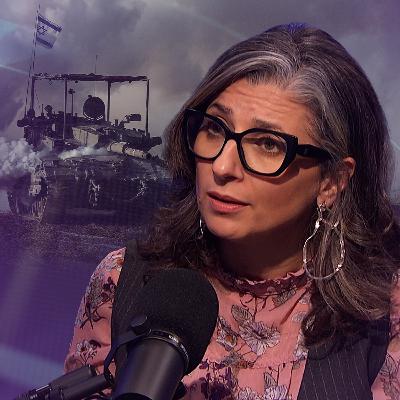
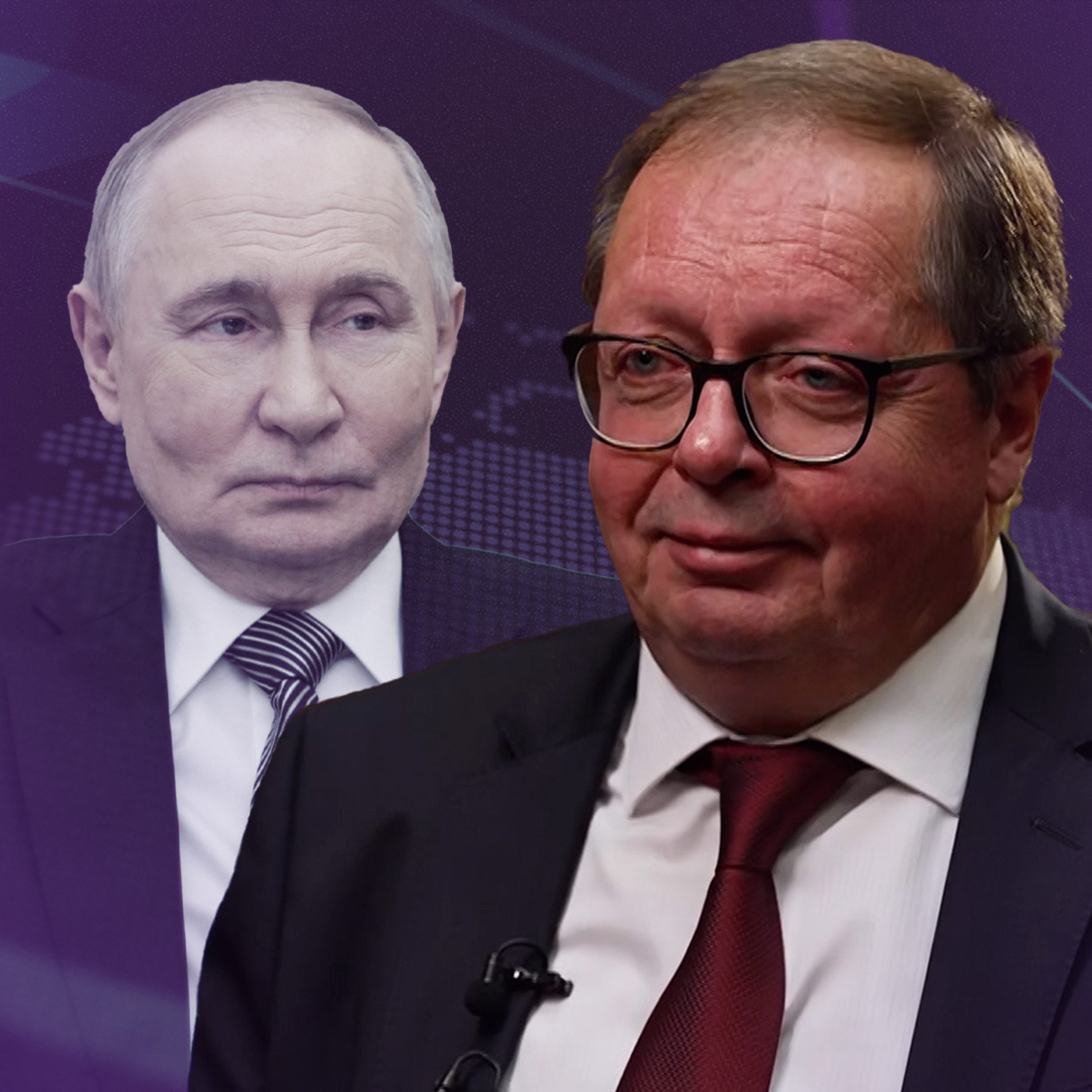
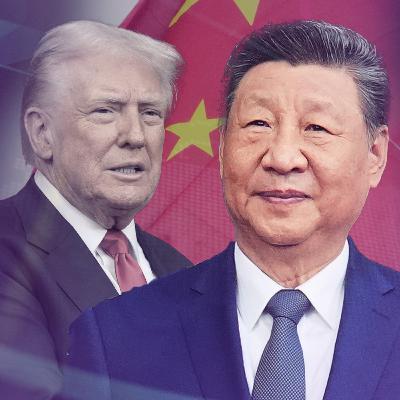
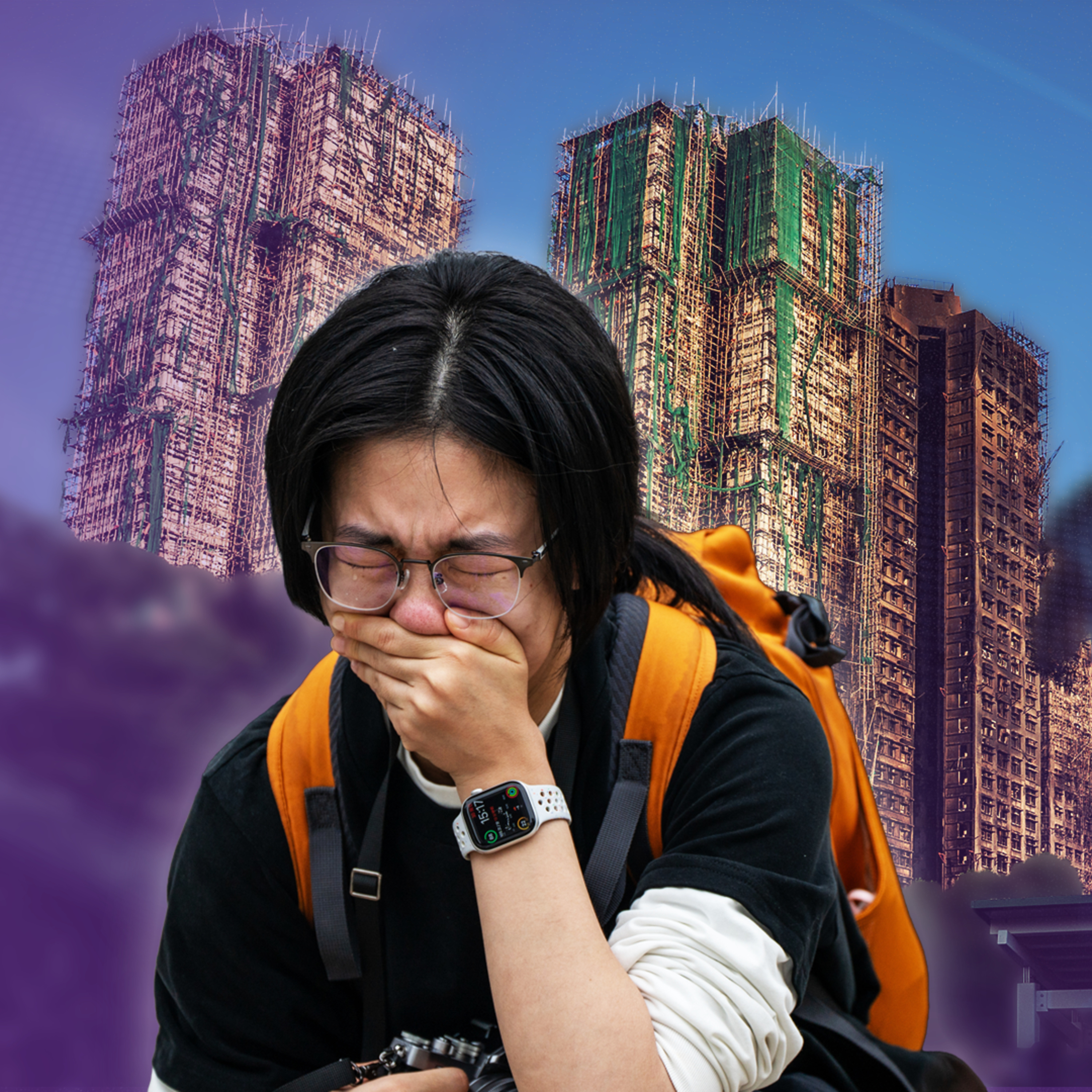
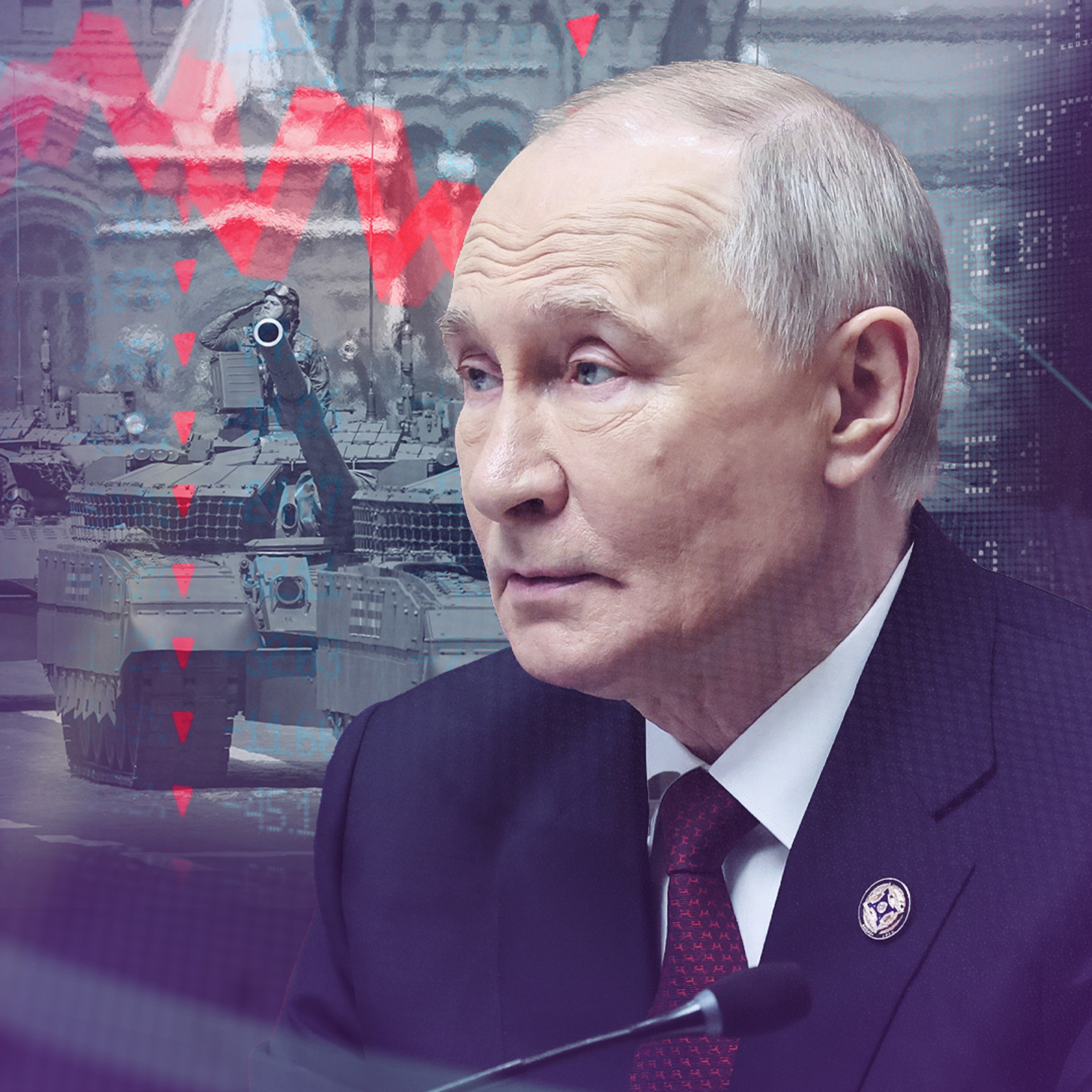
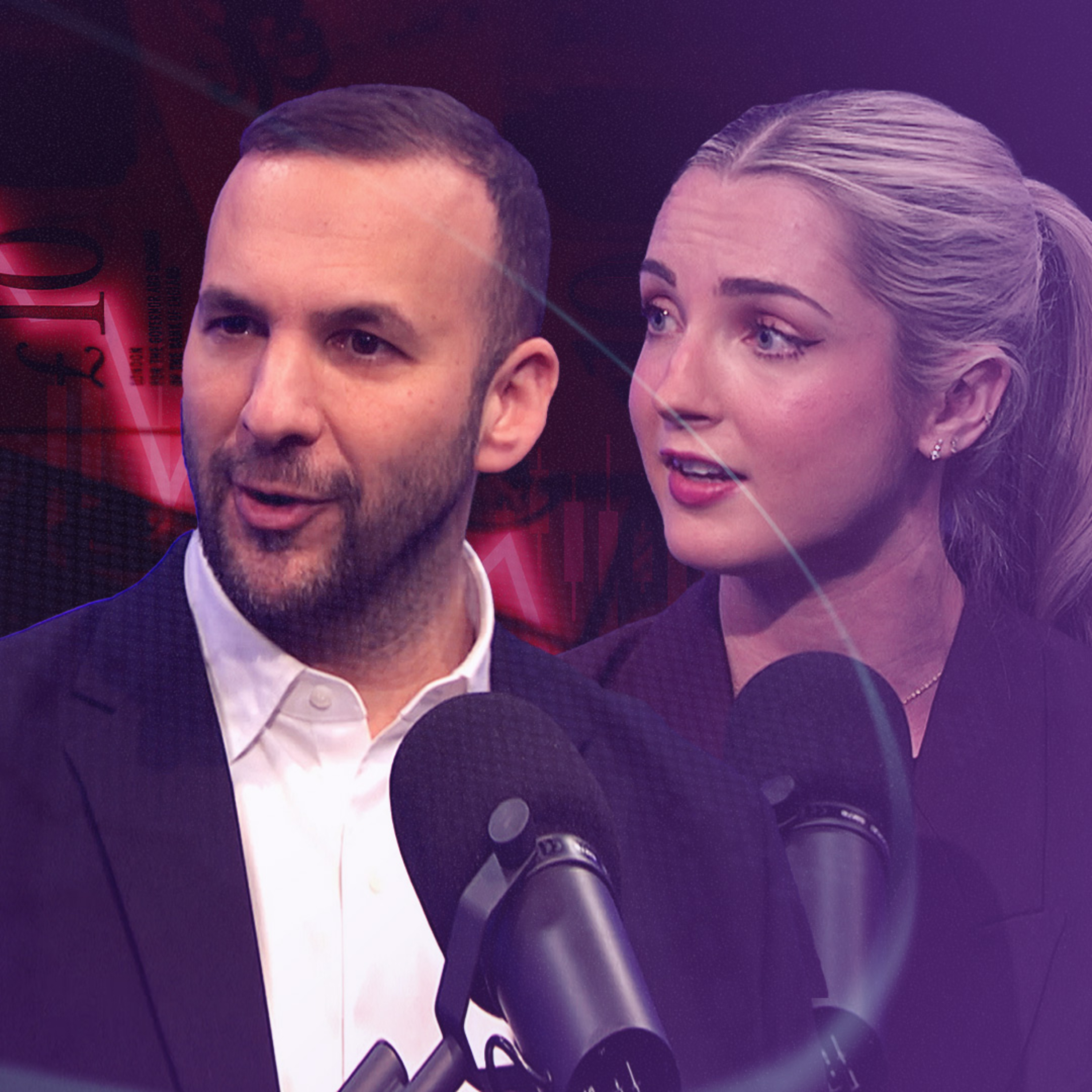
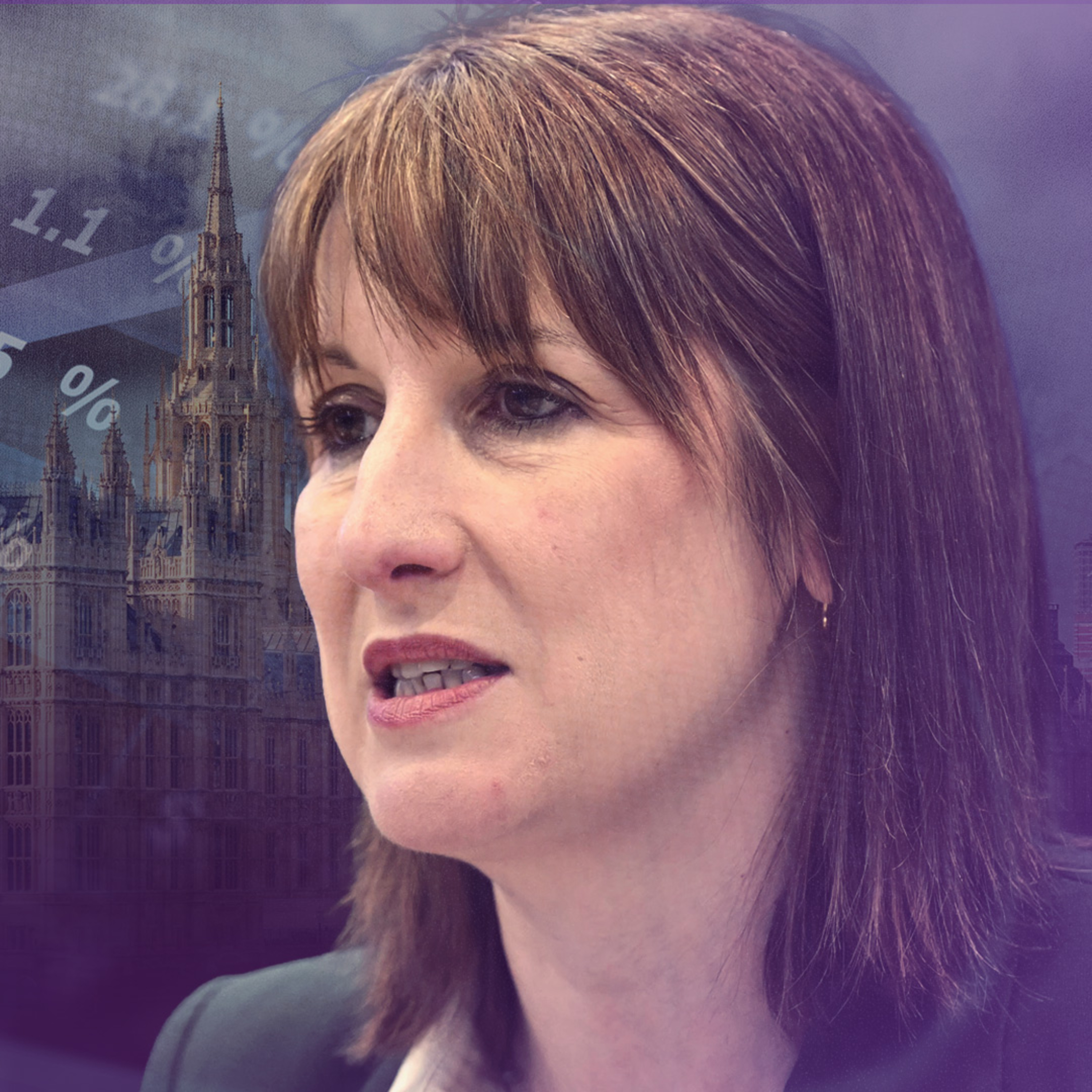
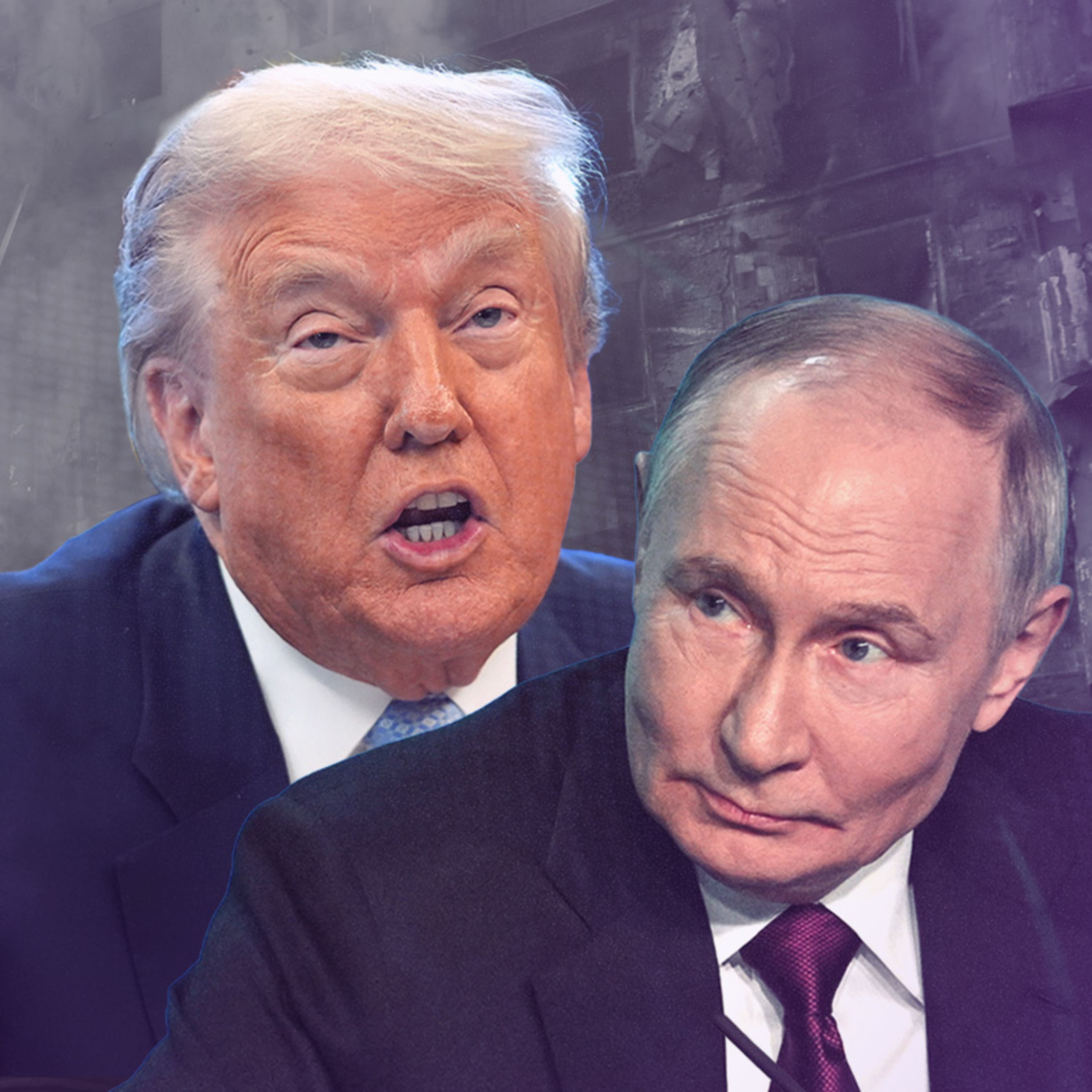




Excellent interview in the face of a right wing nugget. She ran through the despot play book to a tee, ignore, deflect, rant, accuse the interviewer of siding with the enemy and spilling out pure fantasy. I would have stopped the interview!
You need to fix your timing. Matt and the other contributor's contributions were running into and over the contributions from the Ukrainian contributor.
I remember when Johnson was PM, no Tory government politician would give Channel 4 News the time of day. C4 repeatedly offered them opportunities to discuss policy, but no. Now that there are books to be promoted, regrets to be aired, bandwagons to jump on, they seem to be queuing up. 🤷🏻🤦🏻. Well, at least Johnson and Dorries are.
Kristin Davison claims that it is a left-wing scare tactic to say that women are bleeding out in hospital parking lots and that no undecided voter believes that. She should look up Carmen Broesder's story.
Broken source please repair
Great idea but the presenter pauses randomly when he's speaking and it's really annoying